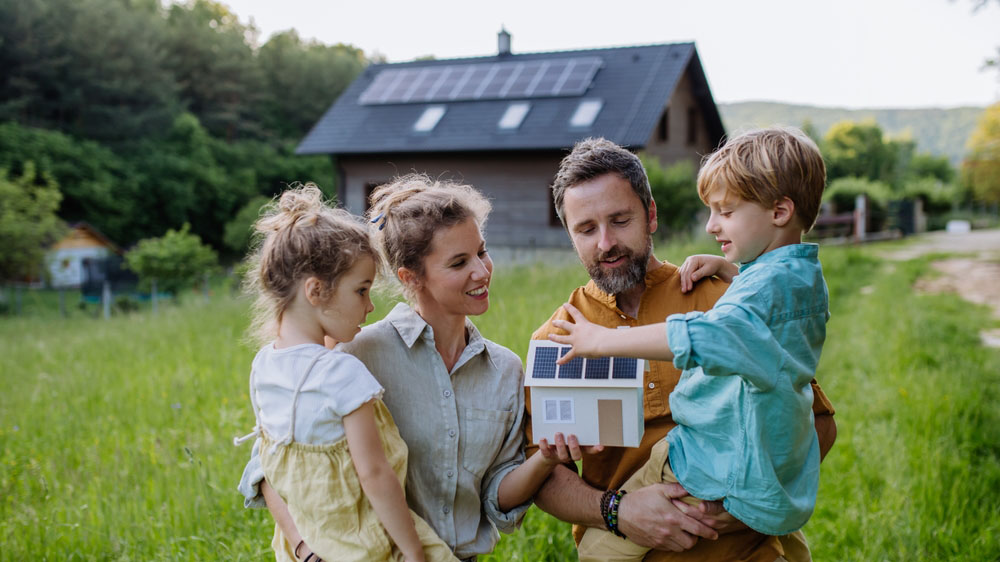Learning Together, Having Loads of Fun
Imagine a home where the kitchen table is used not only for breakfast but also for science experiments. A home where board games teach math, walks turn into historical treasure hunts, and bedtime sometimes opens onto a constellation of stars and stories from around the world.
Welcome to the joyful and intelligent world of educational resources for families, a world where learning becomes a team adventure. Here, young and old discover together, share their knowledge, and weave deep, lasting bonds along the way.
1- Learning Together Means Learning Differently
Children aren’t the only ones learning—parents are, too, often without even realizing it. Family education, far from the traditional classroom, is rooted in a powerful principle: shared knowledge creates connection. And when that connection is nurtured regularly, it becomes a true emotional backbone.
But what do we really mean by “educational resources” in a family setting? It’s not just about school textbooks or educational apps. An educational resource can be a documentary watched together, a science podcast in the car, a gardening project, a deck of cards, or even a conversation with grandparents about their youth. It’s anything that sparks curiosity, encourages expression, and inspires shared reflection.
2- The Power of Playful Learning
One of the superpowers of family learning lies in play. Why? Because play is serious business! It activates memory, strengthens social skills, and nurtures implicit learning strategies—all while sparking contagious laughter.
Here are a few must-tries:
- Educational board games: “Cortex”, “Brainbox”, “Ticket to Ride”, or “Alpha Planet” for younger kids.
- DIY escape games: Plenty of online resources let you create personalized puzzles that promote cooperation.
- Smart apps: “Khan Academy Kids”, “Scratch” for learning code, or “Duolingo” for language learning as a family.
- Historical or science roleplay: Become an explorer, inventor, book character, or endangered animal. Yes, even Mom or Dad can wear a Roman toga on Sunday.
3- Home as a Learning Playground
You don’t need big budgets to turn your home into a rich learning space. A bit of imagination, a pinch of availability, and off you go.
- The kitchen becomes a lab: Learn about measurements, chemical reactions (thank you, cakes!), planning skills, and even geography (“Where does turmeric come from?”).
- The garden or balcony turns into a natural science lab: Observe the seasons, plant, compost… maybe even create a family herbarium.
- The family library as a discovery zone: Stock it with educational comics, age-appropriate documentaries, or conversation-starting picture books.
The key is to give meaning to what you’re doing together. Even sorting clothes can become a chance to talk about conscious consumption, textiles, or working conditions around the world.
4- Learning Life, for Real
Why not move beyond traditional subjects? Family learning also beautifully supports the development of life skills.
- Learning to communicate kindly: Using tools like “Feelings” cards or “Little Philosophers,” families can explore emotions, needs, and conflicts—while learning to listen.
- Learning cooperation: Build a shared project—an insect hotel, a neighborhood fair, or a family podcast.
- Learning resilience: Share inspiring stories, talk about doubts, and transform them together.
These are the building blocks of family flourishing. And they’re not taught—they’re lived.
4- Intergenerational Learning: The Richness of Living Memory
Let’s not forget the incredible human resources around us—grandparents, neighbors, elders from the local club or village. They are living libraries, full of anecdotes, know-how, and wisdom. Invite them to share stories from another era, a recipe, a real-life tale, or a craft—they create knowledge bridges and rekindle sometimes-dormant bonds.
5- And Online—What Can We Find?
The internet is full of gems—if you know where to look. Here are a few nuggets to get you started:
- Free educational platforms: Lumni, France TV Éducation, Wikidébrouillard.
- Family-friendly MOOCs: On plants, robotics, prehistory… Platforms like Fun-MOOC or Coursera sometimes offer formats for families or intergenerational learning.
- Smart YouTube channels: “C’est pas sorcier,” “Dr Nozman,” “E-penser,” or science versions of “Les Têtes à Claques.”
- Family podcasts: “Encore une histoire,” “Petits curieux,” “Bestioles”… perfect for cozy evenings or car rides.
The magic happens in the conversation that follows—watch, listen, question, discuss.
6- Why Not Create Your Own Resources?
What if your family became its own mini publishing house? Create your own card games, an illustrated recipe book, a nature journal, or a family tree. It’s a way to showcase everyone’s talents and anchor learning in the real world.
Everyone can contribute in their own way—someone draws, another writes, someone films or interviews. It’s a collaborative adventure that reveals unexpected sides of the people you think you know by heart.
Conclusion : Connection Comes First
In the end, it’s not so much about what you learn, but what you share. educational resources for families aren’t about filling heads—they’re delightful excuses to spend quality time together, awaken curiosity, and strengthen that precious bond that makes all the difference in life.
Because learning as a family is much more than education. It’s cultivating fertile ground for memories, laughter, and deep connection.
🔍 Sources :
- Parental involvement in children’s education – Harvard Family Research Project
https://archive.globalfrp.org/family-involvement/publications-resources - Learning through play at home – The LEGO Foundation
https://www.legofoundation.com/research-and-learning/learning-through-play-at-home/ - Informal learning and family engagement – Edutopia
https://www.edutopia.org/article/importance-informal-learning - Benefits of intergenerational learning – OECD Education Working Papers
https://www.oecd-ilibrary.org/education/benefits-of-intergenerational-learning - Home-based learning in family contexts – Educational Review
https://www.tandfonline.com/doi/abs/10.1080/00131911.2020.1777853


